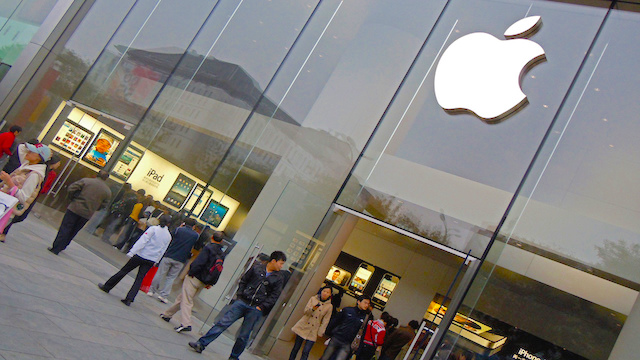Half of Singapore online shoppers participated in Singles Day this year, according to a survey from Ipsos.
The global market research agency surveyed 982 Singaporeans and permanent residents during November 12 to 14. The company found that the top five item categories purchased on 11.11 were fashion (clothing, apparel and footwear) at 59 per cent, followed by consumer electronics (33 per cent); groceries, food, drink and alcohol (30 per cent); cosmetics and beauty products (29 per cent) and household appliances and furniture (27 per cent).
The survey found 80 per cent of Singaporeans have shopped online in the past three months.
If the Singles Day online sale had not happened, 75 per cent of 11.11’s Singapore online shoppers said they would wait for the next sale either online or in physical stores. The physical store was of particular importance among the younger shoppers, with 37 per cent of those below 25 saying they would wait for a sale in a physical store. Most silver e-shoppers (55 years and older) said they would wait for another online sale and make their purchase online (61 per cent).
Eighty-two per cent of 11.11 shoppers paid for their purchase with a credit or debit card. The next most-used form of payment was PayPal (15 per cent). Mobile wallet (such as Apple Pay or Samsung Pay) and other payment apps (like Singtel Dash or AliPay) were not used.
Four out of five Singles Day Singapore online shoppers planned for their purchases prior to the event, indicating anticipation of the sale day. This was mainly observed for big ticket items like electronics, household appliances and furniture.
Leading up to the day, 44 per cent of Singapore online shoppers – both young and old – did their initial search on e-commerce websites or apps such as Lazada and Qoo10. Following this, 32 per cent of the shoppers did their in-depth search on specific brand websites. This was especially true for fashion purchases, which were largely contributed to by women. Only 11 per cent of fashion shoppers on 11.11 visited a physical store as part of their in-depth search process. One in four fashion purchases were finally made on the brand websites directly.
For consumer electronics, which were largely contributed to by men, the research path was similar but with an additional reliance (27 per cent) on online discussion forums. Close to nine in 10 consumer-electronics purchases were finally made on e-commerce websites or apps.
For groceries, food, drink and alcohol purchases, while most shoppers did their initial search on e-commerce websites or apps (37 per cent), more than one in five made their first search on social media sites (22 per cent). The physical store was more important for the cosmetics and beauty product purchases. Eleven per cent of cosmetics and beauty product buyers on 11.11 did their initial search in a physical store. Seventy-nine per cent eventually made their final purchases on e-commerce websites, and a further 21 per cent of them on brand websites.
Anvaya Sharma, director at Ipsos in Singapore, said: “During the initial search is when shoppers are considering their brand options. But going to the brand website for their in-depth search is indicative that the information or even peer reviews on e-commerce sites may not be sufficient for the Singaporean shoppers. Shoppers are also going to brand websites as a second stage search in order to validate authenticity of certain products and deals.
“For many, 11.11 still holds its charm, and we might be too quick to pass off this sentiment as the usual cynicism observed of millennials,” Sharma added. “But younger Singaporeans are more digitally savvy and are likely more adept in searching for the best deals online regardless of time of the year.”






